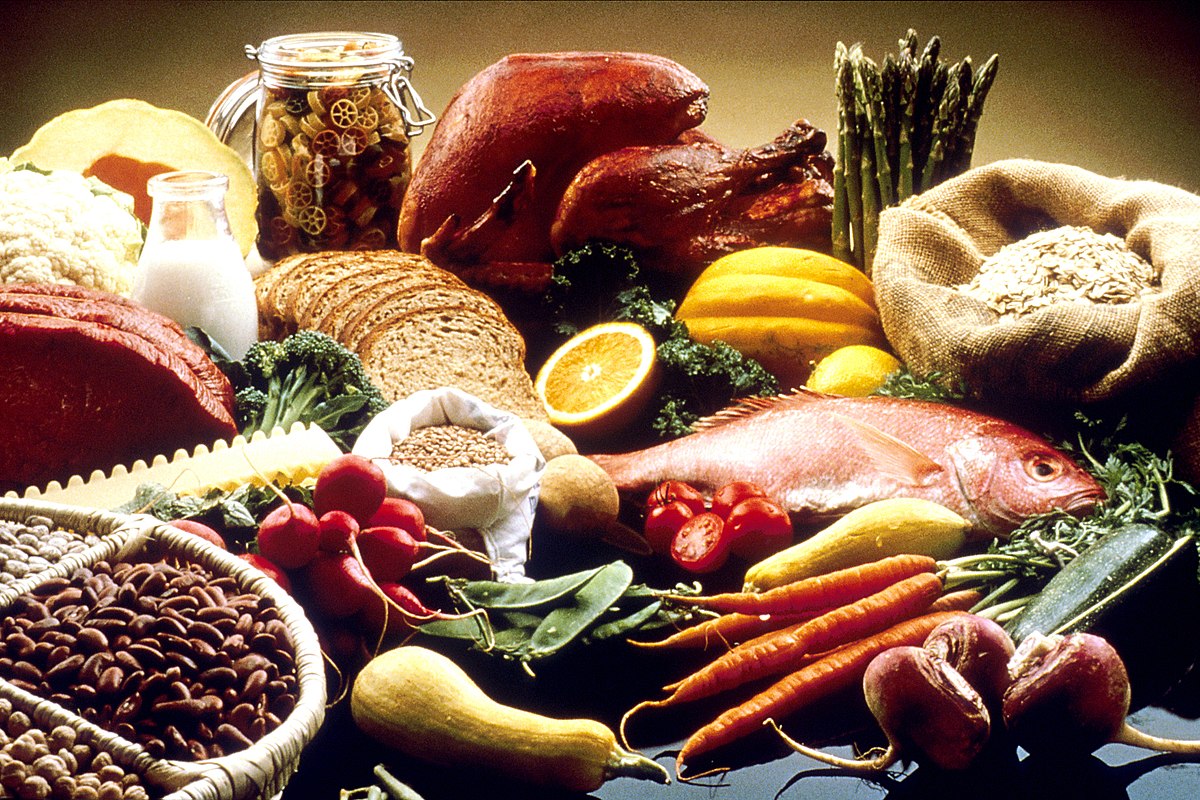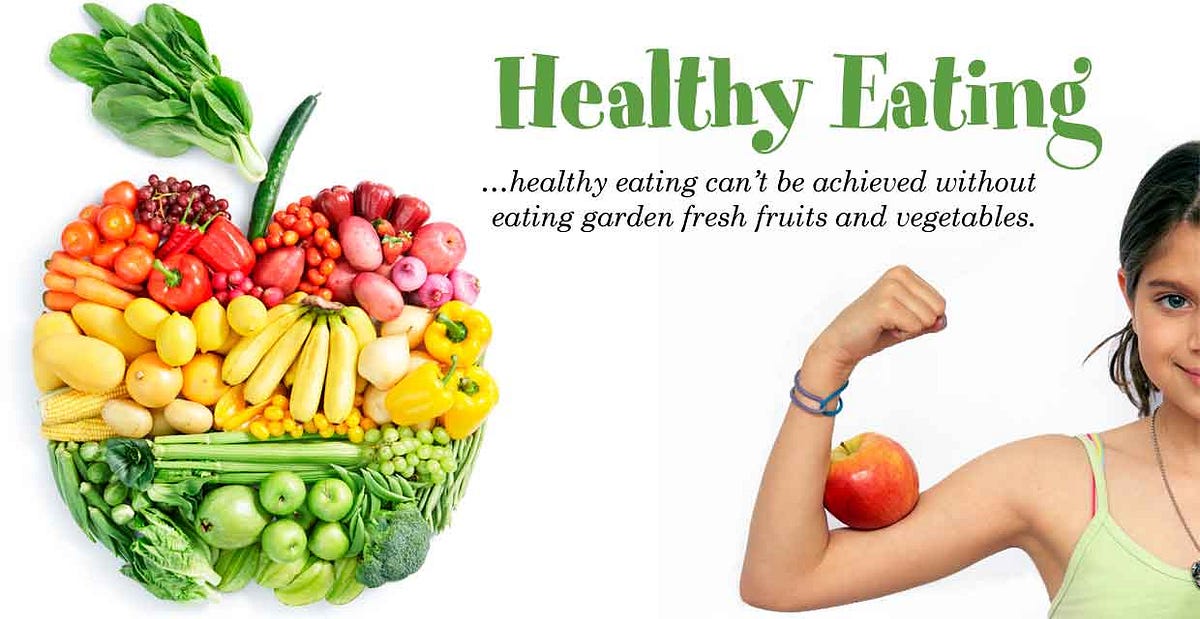I once read a book about the raw food diet. I was so inspired that I ate nothing but salads, nuts and dark chocolate for a week. I couldn’t wait to transform into a glowing goddess. Instead I was just hungry all the time…and probably pretty unpleasant to be around. Damn those books with their expertly written prose and fancy copywriting and research backed arguments. I fall for them all the time.
This month, though, I’m obsessing over food, spending hours each day reading about food, nutrition and the science and psychology of eating. It’s fascinating and overwhelming (and there’s a lot of science that I don’t really understand) and, more often than not, conflicting.
Coffee is awesome. Coffee is the devil. Are beans good or do they cause cancer? What about rice and eggs and red meat and bananas? There’s an argument for and against pretty much every. single. food.
And because I’m a total nutrition rookie, I can’t help but feel taken advantage of by the hundreds of books and diets out there. I’ve made a lot of progress and feel like my education thus far has been well balanced, but even then, I feel like a complete impostor writing about food.
Which is why I want to understand two things:
1. Why is the food industry so contradictory?
2. Why are we getting sicker and fatter?
Health Sells
First things first. Health sells. It’s a billion dollar industry. The experts of the world sell their fancy supplements, earthing mats, squatty potties, books, courses and other health-wares promising vitality, weight loss, youthfulness and the avoidance of illness. A lot of it is total junk, but there are also many amazing wellness experts who are totally legit.
On the other side of the equation we have the major food companies who pump millions of dollars marketing their latest flavor of sour cream and onion chips (that they spent millions more perfecting its flavor, texture and addictive components). Case and point: just writing about chips makes me want a giant green can of Pringles. Badly.
It’s a vicious cycle. Eat the Pringles, feel bad about self, buy the new weight loss book, decide it’s not for you, console yourself with more Pringles, rinse and repeat. Everyone wins, except for us little pawns who struggle with the same issues again and again.
What Does the Science Say?
Part of what makes these books and articles so convincing are all of the scientific studies they site. There’s a lot of good science there, but there’s also a lot of junk and mainstream media doesn’t always distinguish it properly. That’s a scary thing for us consumers.
This New York Times article by Gary Taubes on why nutrition is so confusing is very critical of the scientific community, saying:
“The 600,000 articles — along with several tens of thousands of diet books — are the noise generated by a dysfunctional research establishment. Because the nutrition research community has failed to establish reliable, unambiguous knowledge about the environmental triggers of obesity and diabetes, it has opened the door to a diversity of opinions on the subject, of hypotheses about cause, cure and prevention, many of which cannot be refuted by the existing evidence. Everyone has a theory. The evidence doesn’t exist to say unequivocally who’s wrong.”
Why are Americans Not Getting Healthier?
But the question still remains – with all of the diet books, supplements, experts and studies, why are we not getting healthier? We all know about the obesity epidemic – we hear about it every single day. So why are things getting worse?
I suppose, for starters, no one really knows who to believe. Is it a fad? A scam? Or is it trustworthy?
Next, real food is more expensive. There are a lot of people – especially those living below the poverty line – who can’t afford the good stuff. Any food at all is a good thing and it’s usually the affordable, easy to prepare processed foods that have added sugar, salt and other artificial ingredients that wreck our health.
We’ve also gotten a lot busier over the past few decades. Cooking real food takes up time that we don’t always have – or are not willing to make. Instead, we go for the microwave dinner or the drive thru or takeout.
Is the Government Making us Obese?
Food policy is certainly to blame, as well as the government, (which subsidizes corn and soy which is in EVERYTHING and not the healthiest of things to consume) and a general lack of education and awareness. Even today the USDA dietary guidelines that dictate our public school menus and other government food programs promote low fat, high carbohydrate foods which are actually foods that are contributing to the obesity epidemic. The dietary guidelines aren’t likely to change anytime soon because very influential lobbyists and food companies are on hand to make sure their interests are protected.
So for now, we have to be our own food advocates which brings us back to the beginning. With everything out there, how do you know who to trust and where to start?
Lifehacker’s recent (and great) article sums it up nicely:
“The big lessons here though are ones you probably knew already: Eat smart, cook your own food, and think critically when someone tries to sell you a diet or lifestyle. Think just as critically when someone is trying to sell you fear, uncertainty, and doubt. Do your own research, challenge your confirmation bias, and be willing to change your mind as new evidence arises (don’t fall for the “I’ve done this my whole life and I’m fine” excuse.) Finally, and most importantly, remember that what works for you may not work for someone else. Nutrition is never a one-size-fits-all science.”
The important thing is – we all have to be aware of how significant an impact our food (and where it comes from) has on our bodies, our minds and our genes – today and as we age. It’s something we all have to pay attention to and take seriously.
Oh, and please lay off the Pringles – at least for today.















